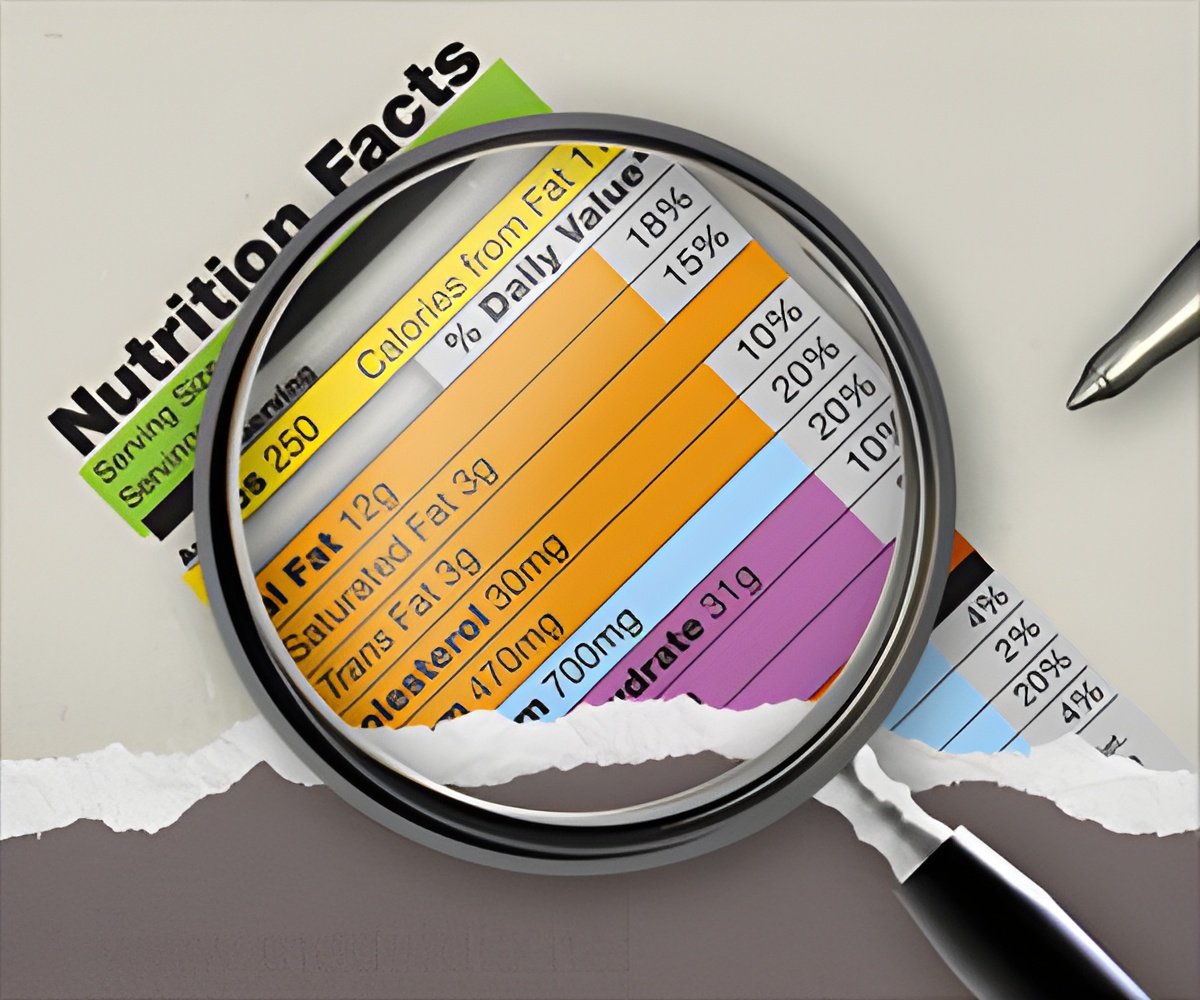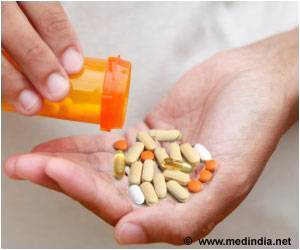
Toxicologists, other scientists, and clinicians generally agree that dietary supplements are safe for consumption when used appropriately. However, all recognize that there is a paucity of toxicity information available on them, as most human toxicity data must come from post-market analysis and data collection.
"Scientists need to get as much information on dietary supplement manufacturing, consumption, and effects as possible to help evaluate their safety," says James C. Griffiths, PhD, DABT, CBiol, FIBiol, Council for Responsible Nutrition, co-chair of the "Improving the Safety of Dietary Supplements and Natural Health Products by Assessing Effects in Humans" session. "However, this data collection is often hindered by failures to report incidences of adverse effects and a hesitancy of clinicians and patients to talk openly about supplement use."
Given the breadth of scientific disciplines that can come to bear in assessing dietary supplement safety, the "Improving the Safety of Dietary Supplements and Natural Health Products by Assessing Effects in Humans" session is bringing together academicians, researchers, regulators, clinical physicians, pharmacologists, and global corporate product safety experts to discuss how to better obtain and interpret human data regarding dietary supplement use. Presenters include:
- Scott A. Jordan, DPhil, Health Canada, and co-chair of the session, who is discussing how human safety data on dietary supplements and natural products can be obtained.
- Lewis Nelson, MD, NYU Emergency Medicine Associates, who is describing the disconnect between physicians and patients on dietary supplement use and the overall lack of communication regarding the issue.
- Rick Kingston, PharmD, University of Minnesota, who is presenting information on the post-market system of safety surveillance regarding dietary supplements, including the adverse event reporting required in the US.
- Bill Gurley, PhD, University of Arkansas for Medicinal Sciences, who is sharing insights from his laboratory's two decades of research into dietary supplements while specifically addressing how to properly assess and evaluate case reports.
- Chris Xing, PhD, University of Minnesota, who is discussing his research into a dietary supplement known as kava, which may be connected with hepatotoxic risk.
- Vasilios Frankos, PhD, Herbalife, who is describing how adverse event data is used from the perspective of a global dietary supplement manufacturer.
"Ultimately, we hope this session provides information on how we can better utilize data from humans using dietary supplements, which is of paramount importance in furthering a better understanding of the safety of dietary supplements and natural health products," says Dr. Jordan.
Advertisement
Attendees may receive CME credit for attending this session.
Advertisement










